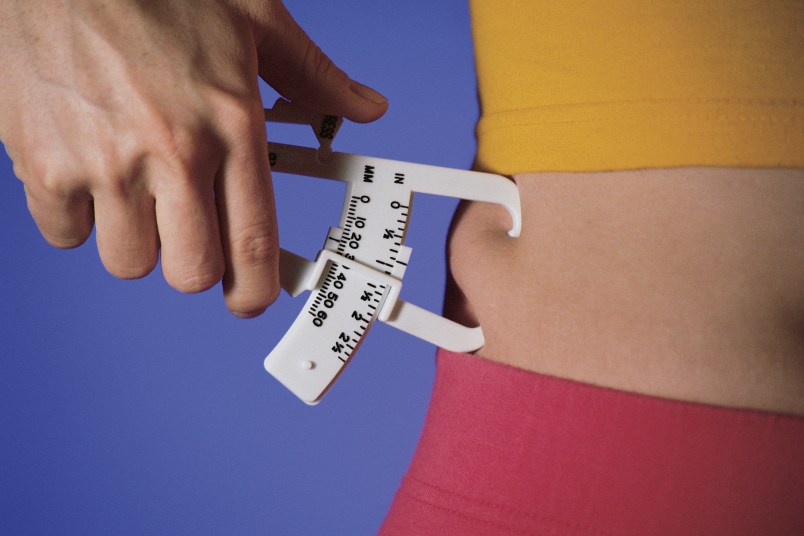Let’s find out ‘Where Does Fat Go When You Lose Weight?’ Do you urinate, sweat, or breathe it out? Yes, yes, and again, yes.
How can this even happen? According to endocrinologist Bartolome Burguera, MD, PhD, “it helps to recognize that our systems are intended to store surplus energy in fat cells.”
The reason you may be overweight is because you are consuming more calories than you are expelling.

Triglycerides, which are stored in adipose tissue all over your body, are what Dr. Burguera refers to as “the extra energy.” Your liver and muscles use glycogen to store smaller quantities of energy.
What is the energy utilization of your body? More than you may imagine:
- When You’re Resting. For your heart to beat, your lungs to breathe, and your brain to think, you require energy. (That’s your basal metabolism.)
- When You’re Active. Whether you’re just getting out of a chair or running a marathon, your muscles need energy.
- When You’re Eating. To process and store food, your digestive system needs energy.
What Happens To Body Fat When You Diet?
You consume fewer calories while on a diet than what your body requires. Your body uses its fat reserves as a source of energy as a result of this deficit.
Your body has a number of intricate metabolic pathways it must use to eliminate fat deposits.
Your body exhales the following byproducts of fat metabolism:
- As water, through your skin (when you sweat) and your kidneys (when you urinate).
- As carbon dioxide, through your lungs (when you breathe out).
According to him, fat decomposition releases energy for both biological processes and physical exercise. Additionally, it produces heat, which maintains normal body temperatures.

What Happens To Body Fat When You Exercise?
For energy, your muscles first use glycogen that has been stored. Your body begins burning primarily fat after 30 to 60 minutes of aerobic activity, according to Dr. Burguera. (This takes roughly an hour if you’re exercising moderately.)
Two to three times a week, experts advise engaging in cardio for at least 30 minutes.
They also advise resistance training and weightlifting.
Gaining muscle mass may increase your basal metabolic rate and help you burn more calories.
Exercise also speeds up your breathing, which causes your body to expel more CO2 when you exercise.
About Exercise And Weight Loss
According to Dr. Burguera, exercise is essential for both weight loss and maintenance.
Be patient though, since it can take some time for the number on your scale to change.
Everyone responds differently to exercise: some people lose weight, other people keep their weight off, and some people could even put on a few pounds.
However, he notes that most people who are able to lose weight and keep it off regularly exercise for up to an hour every day. “It is strongly advised to exercise three times per week,” said the statement.









